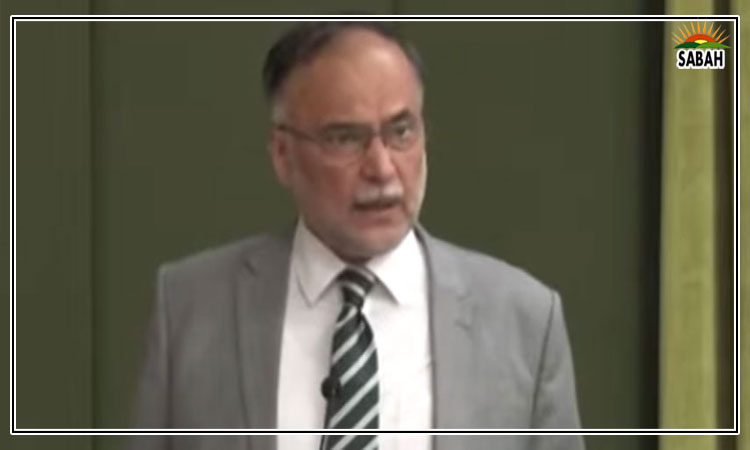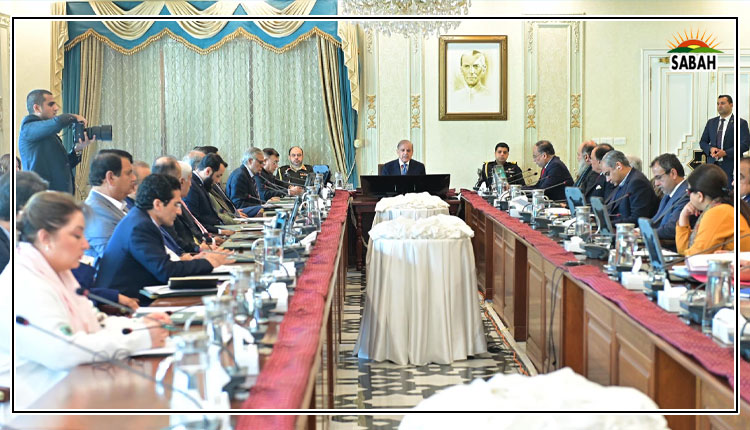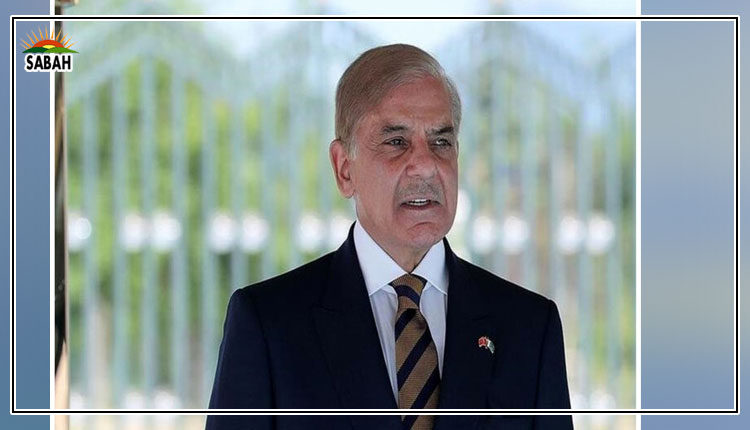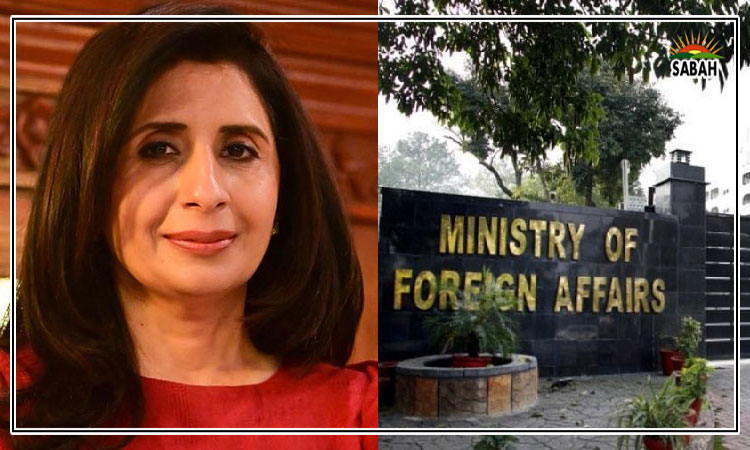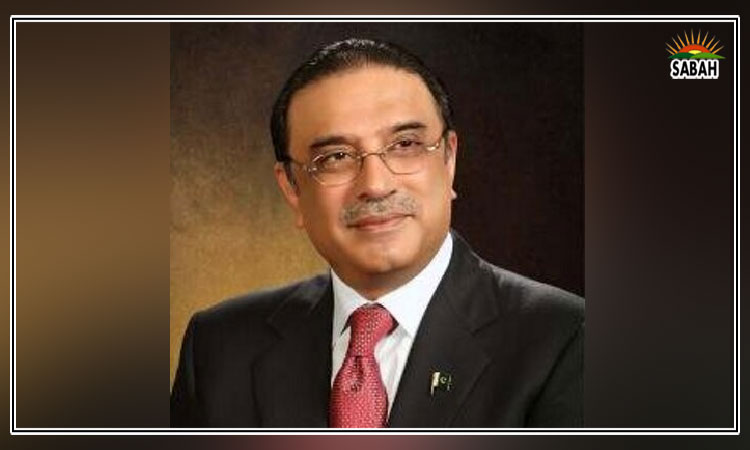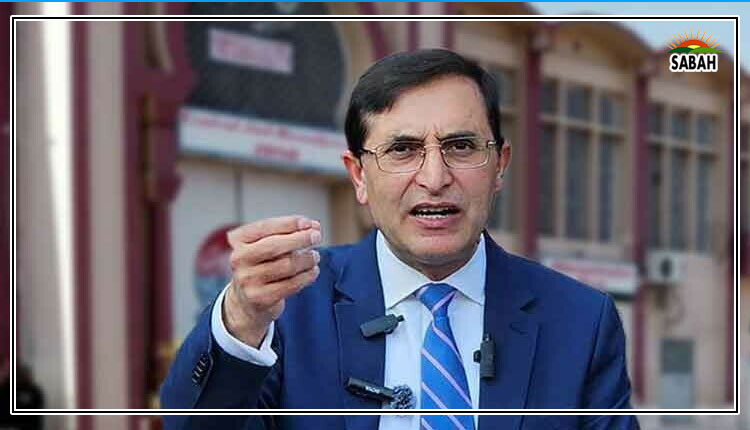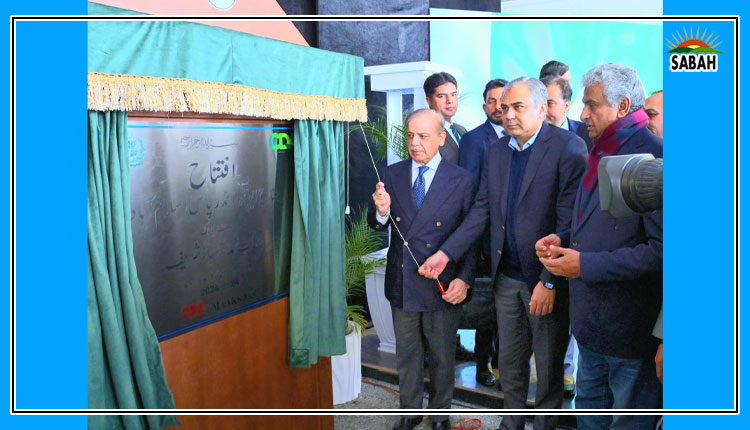Patronage politics and Pakistan… Muhammad Wajahat Sultan
Human tendencies towards patrimonialism have existed for thousands of years. In hunter-gatherer societies, humans had to establish restricted circles of trust among tribes due to the constant war for resources. Ultimately, people had to trust only a small group of people who shared a sense of mutuality in the tribe. In this way, human DNA and genes in pre-industrial society favoured the people closest to them. Since we live in modern civilisation, our genes and DNA composition have not changed much. As descendants of hunter-gatherers, we still strongly believe in socially favouring people of similar ethnicity, class and stratification. It is an unfortunate fact that Pakistan is at the crossroads of nepotism, clientelism and patronage politics. This is a major obstacle to the development of the state as a whole.
As a result of impartial, professional and meritocratic executives working for the greater good of the people, democracy and the political system in any country flourish. Patronage politics, designed to benefit a few and is based on transactional networking, hinders equal development of individuals and of society as a whole. An individual in a high-ranking public position or a politician from a certain class might wish to bless close friends. This is because they can reciprocate their own needs. This patrimonialism in the political space makes it difficult to build strong institutions based on merit and accountability that can support a strong political system.
To create political order in Pakistan, it is essential to reform institutions based on impartial legislation. Unfortunately, a system of vetocracy exists in which some elites or interest groups veto the benefits of the public good. The interests of the small elite are legislated based on patronage rather than the interests of common people.
The constant patronage and rent-seeking behaviour of the political class in Pakistan has caused institutional and political decay over the last 75 years. As a result, patronage and elite capture deny incentives for growth for all, and only small groups of people progress in economic and social dimensions. This system of continuous extraction from institutions causes distrust among common people towards the state, and the state starts decaying and getting weak.
An impartial executive, either in a bureaucratic setup or the political class, is the essential element for efficient performance of the state. People can grow on an equal footing if their fundamental rights are guaranteed based on merit and professionalism. A state without meritocracy remains weak, and this weakness and stagnancy spirals into a vicious circle.
Patronage politics develops extractive institutions. Extractive institutions only serve the interests of a few people, ideas and institutions. The overall growth of people, ideas and institutions becomes irrelevant to the leaders of such a system. Institutions that are inclusive demand high efficiency and merit-based order. Inclusive institutions in the Western world and countries like Denmark, New Zealand and Germany incorporate all social classes and integrate them for equal growth. To be relevant in the global order of growth and progress in the 21st century, Pakistan requires this shift and shocks of democratic and meritocratic institutional growth.
Developing a vibrant social class based on technology requires coming up with solutions for restoring institutional growth and societal progress. In the 19th and 20th centuries, Americans transitioned from patronage and authoritarian state politics to industrial class politics. With the advent of the industrial class, reform incentives were introduced into the American system. In the 21st century, Pakistan must transition from agricultural class-based politics to a tech-driven middle class, which will incentivise the growth of institutions. Rent-seeking clients will end when a new class emerges based on the gig economy.
The decaying factors for exponential growth of systems are state capture, patronage and nepotism. We need to reconsider and restructure our political preferences through reconciliation and dialogue.
Courtesy The Express Tribune



